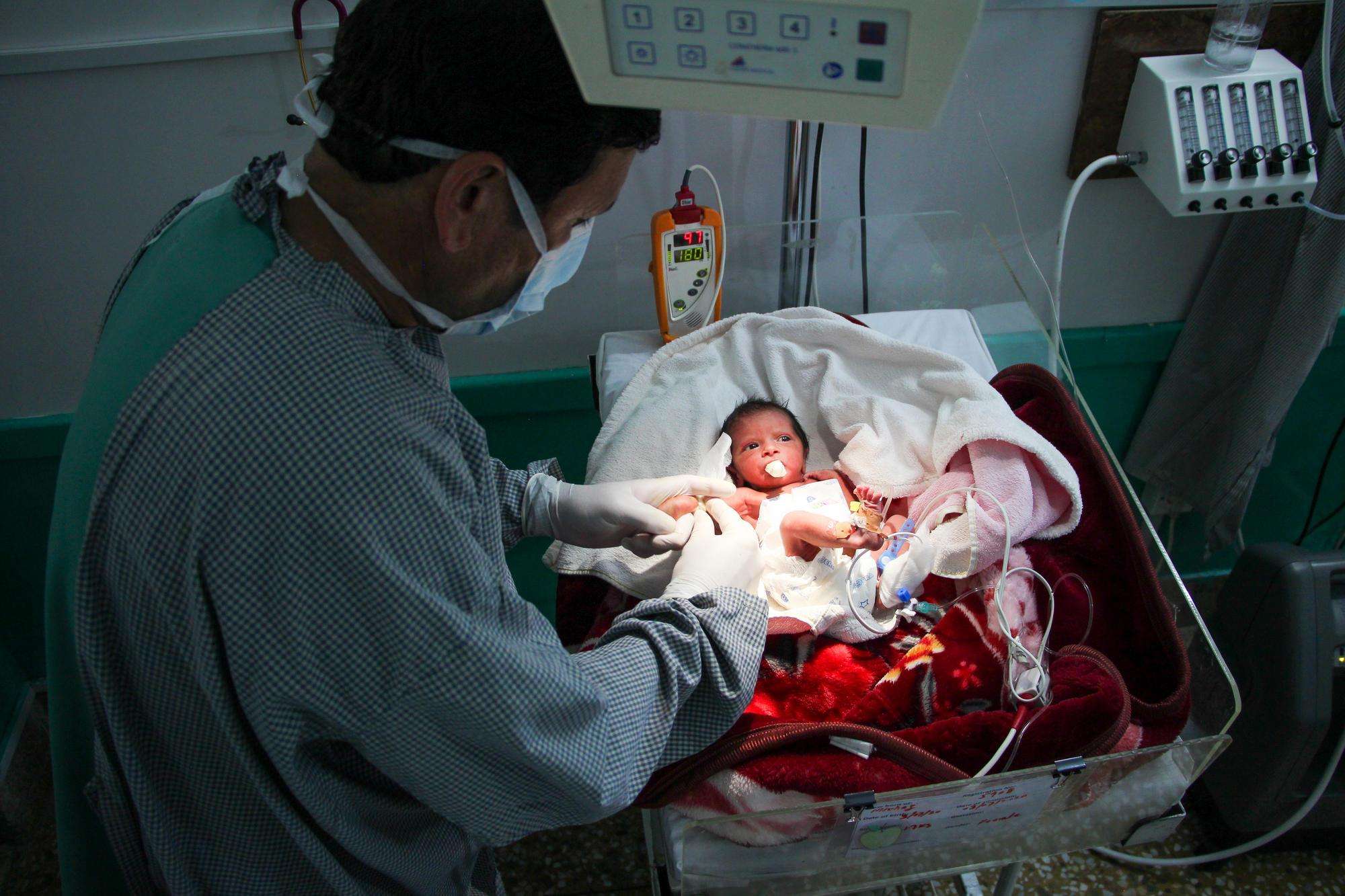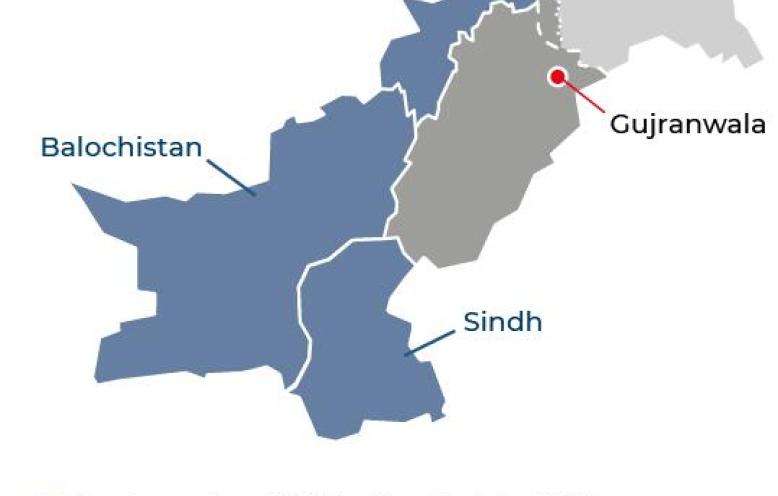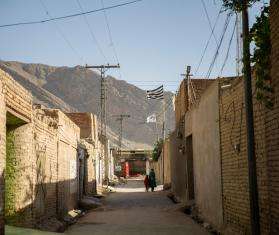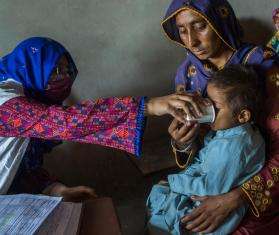Areas of stagnant water were a major contributor to the rise in the number of people with water- and vector-borne diseases. In October, our water and sanitation teams installed a water filtration plant with a capacity of 270,000 liters per day, in Jaffarabad district. The clean drinking water was delivered by trucks to flood-affected villages and displacement camps in eastern Balochistan and in Dadu, Sindh, helping to mitigate the risk of waterborne disease caused by contaminated water.
In Khyber Pakhtunkhwa province, MSF installed water filtration systems, and cleaned and decontaminated 800 wells in flood-affected villages in Charsadda district.
MSF also conducted outpatient general health care consultations in the province in the early stage of the emergency, and distributed essential items, such as hygiene and cooking kits, to thousands of families in Charsadda and Nowshera, and in DI Khan district.
Overall, our teams in Balochistan, Sindh, and Khyber Pakhtunkhwa provided millions of liters of clean drinking water, and distributed tens of thousands of relief packages to people affected by the floods, including tents, cooking kits, hygiene items, and mosquito nets.








